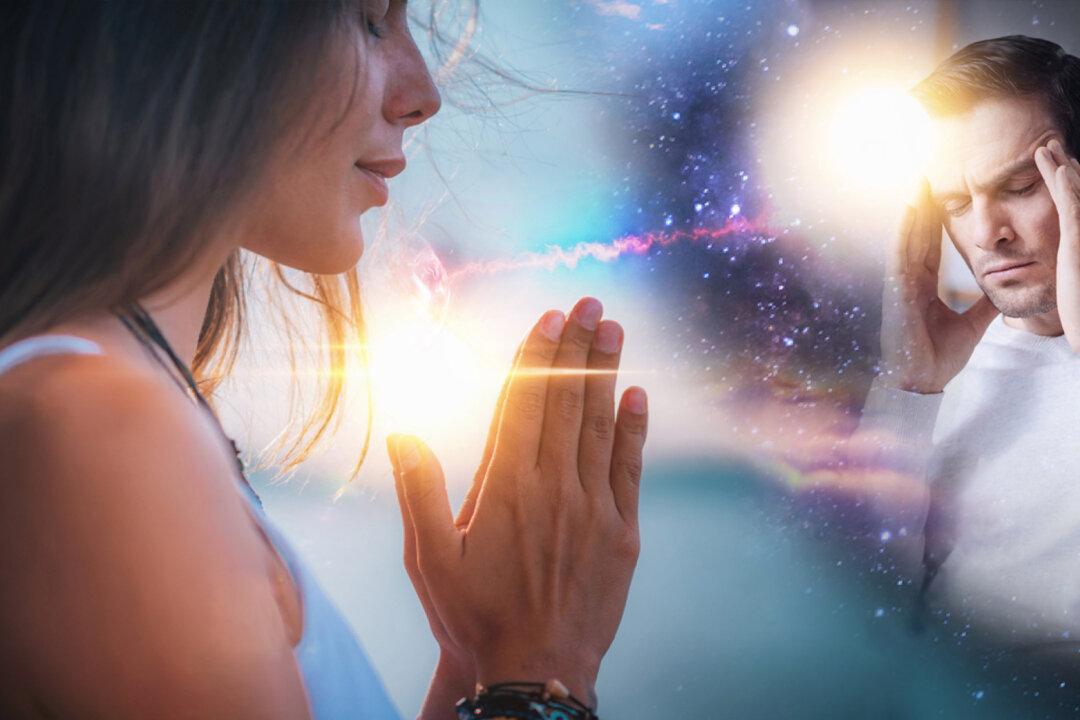Human consciousness is often brushed aside by scientists in favor of more “relevant” subjects of inquiry.
But is this dismissal warranted? Or is science missing out on a key component of the universe, one that is intrinsically tied to everything else? One “off the beaten path” California college aims to investigate what many scientists shy away from.






